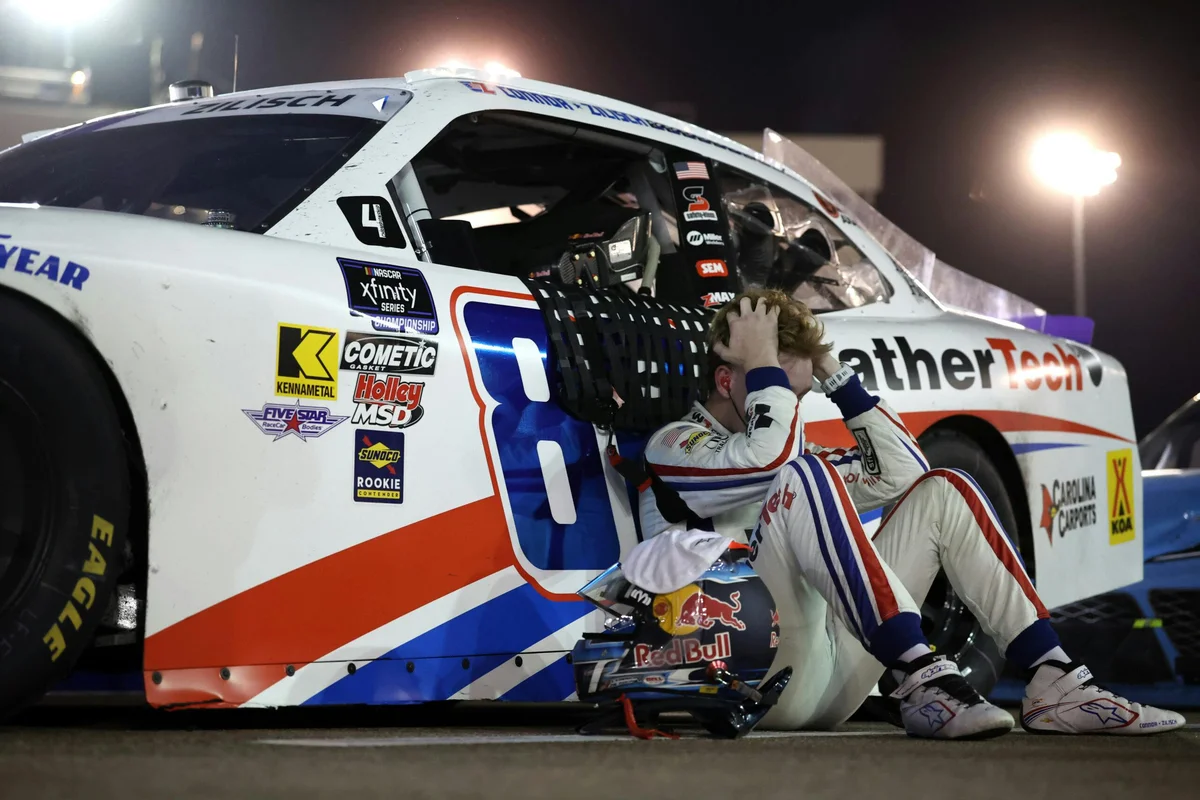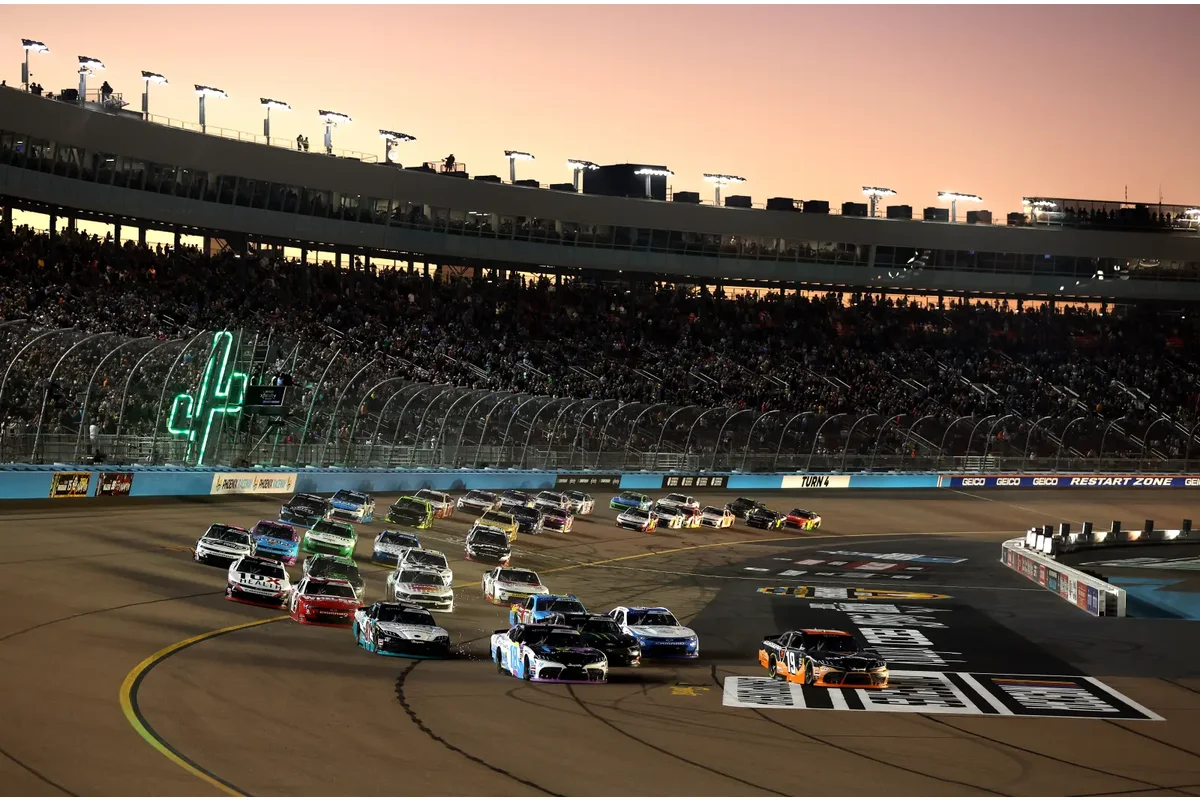NASCAR teams are struggling with escalating track pass expenses, an often overlooked factor driving up the overall NASCAR team track pass costs, especially as financial pressures mount for team owners. This complicated issue is surfacing amid ongoing debates about the charter system and how race teams allocate their resources.
Major Costs Hidden in the Track Pass System
Managing a NASCAR team requires navigating a wide range of significant expenses, from salaries to costly equipment, that stretch a team owner’s budget thin. While much attention is given to visible costs and the highly debated charter system, the financial burden of acquiring passes for team personnel is a less visible but impactful challenge.
Even though it is normal for fans to purchase access to race tracks during NASCAR events, teams themselves must finance track access for their staff. This can involve purchasing various types of passes, each tailored to specific needs, and represents a substantial recurring expenditure.
Details from Joe Gibbs Racing on Team Pass Requirements
Dave Alpern, president of Joe Gibbs Racing, offered insight into how the track pass situation affects large organizations like his. He explained,
“We do have to pay for them, and the bigger your team is, the more significant that expense is. So, everyone who goes to the race track every weekend that’s what’s called the hard card. We purchase those at the beginning of the season for key personnel who go every week. Some of our key sponsors and some of our executives. For people who don’t go every week, there’s another license.”
– Dave Alpern, President, Joe Gibbs Racing
The so-called “hard card” is purchased at the start of the season for critical team members and selected partners who attend every race. Additional weekly licenses are required for those not present at each event, costing even the largest operations like Joe Gibbs Racing significant amounts throughout the racing calendar.

Expanding on this, Alpern noted,
“I would say, particularly a large team like ours, racing eight cars in two different series… we have a very significant budget to get our folks to the race track every week.”
– Dave Alpern, President, Joe Gibbs Racing
Changes with NASCAR’s Charter System
Prior to the current charter system, race teams had to pay separate entry fees for every race they entered. The system now requires teams to fill out one application per charter, covering payment for all 36 points-paying races in the season. Teams are spared fees for non-points events, such as the All-Star Race and the Clash, which are invitation-only competitions.
Despite these procedural changes, the process of registering teams and ensuring staff access to race tracks remains a substantial financial commitment for teams, particularly when considering the ongoing costs across an entire season.
Financial Pressure and the Wider Impact
The cumulative effect of these mandatory investments, including fees for team track passes, is significant enough that organizations often express concerns about whether the current revenue sharing model from NASCAR is adequate to cover operational costs. As a result, team expenses remain a recurring source of tension and debate within the sport, prompting teams and executives to advocate for a reassessment of cost structures and revenue distribution models.
With the topic of NASCAR team track pass costs moving to the forefront, more attention is likely to focus on how these financial obligations shape the competitive landscape and influence decisions for teams, sponsors, and league officials going forward.
